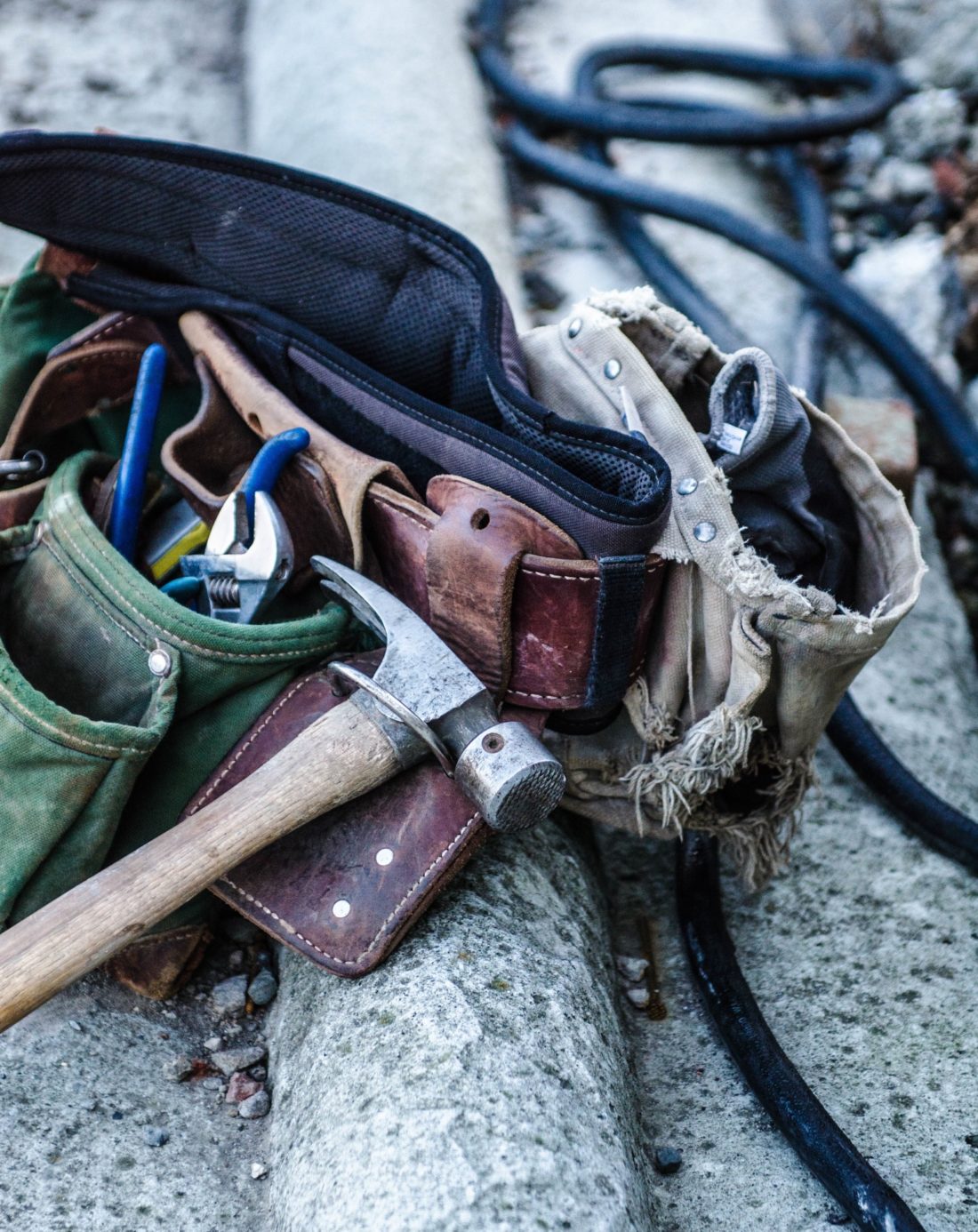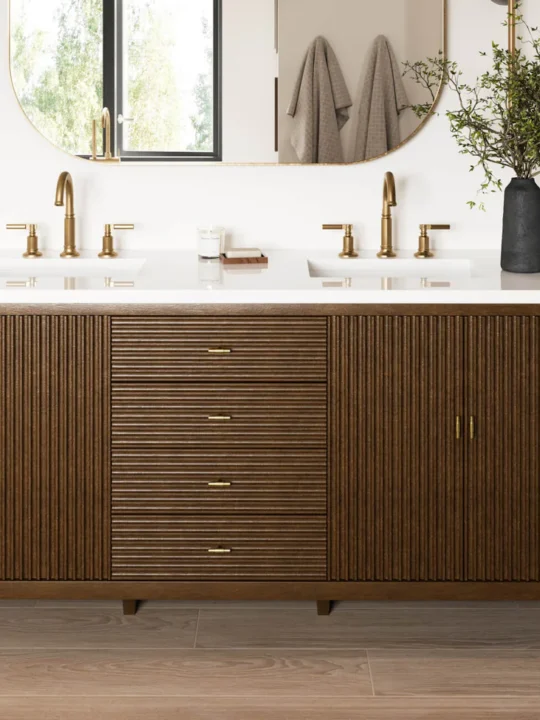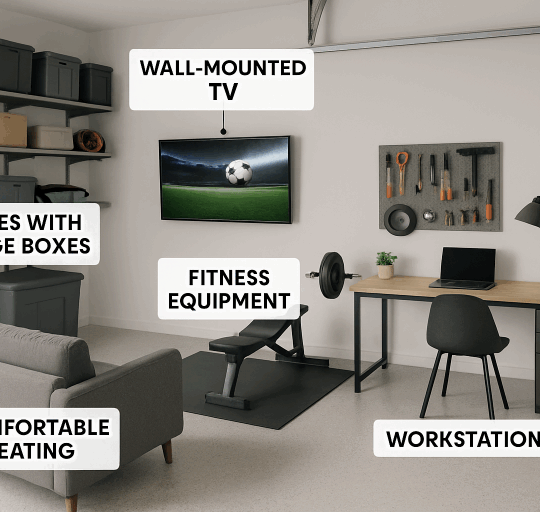
Traditionally, DIY can cause endless quarrels and end in disaster when couples try to do projects together. This needn’t be the case. DIY can actually bring couples closer together if these tips are followed:
Don’t be too ambitious, keep it simple
Many DIY problems occur when couples take on a project that is too complex and requires skill levels that they don’t possess. Starting with a relatively simple project such as decorating the spare room will be achievable, satisfying and encourage future DIY ventures. Try a slightly more difficult task next and work together to combat any problems. Fitting a set of shelves into the room you have just decorated could be a next project. The key to success is to start simple and build up the complexity of your projects as your skill levels grow.
Consult the expert, via book or internet
When tackling slightly more ambitious DIY projects you should both never be afraid to look up how to do a task, such as fitting a door. There are many DIY books that cover a wide range of DIY projects from very the simple ones to quite complex projects. The internet is also very useful as there are thousands of ‘How to’ videos which give step by step instructions on numerous DIY tasks.
Learn new skills together
There are many courses available offering tuition in a wide range of skills, many are reasonably priced and are run at convenient times such as in the evening or at weekends. Going to classes in woodwork, plastering or even brickwork together will enhance and increase a range of skills that you can then use on your home DIY projects. This will also bring you closer together as it gives you a common interest. You can also encourage each other, applaud each other’s successes and help each other if one of you is struggling, bringing you closer together.
Failing to plan, planning to fail
Planning and organising each project you undertake will increase your chances of success. Taking the time to work out the full range of materials you need in advance stops you being half way through a project and realising that you have not got something crucial to your task. Costing your project prior to starting it will allow you to budget and not run the risk of running out of funds partway through. Establishing a realistic timescale will help keep you motivated and on task and allow you to finish your project on time. Sorting out what the skill requirements are needed for each individual project will avoid disappointment later on when you realise there is something you may not be able to do. Careful planning will reduce potential stress points and will make sure your project runs smoothly.
DIY projects have multiple benefits. They can help your home become a more beautiful place without being too costly. Following the tips above also means that joint DIY projects can make your relationship together even stronger.







